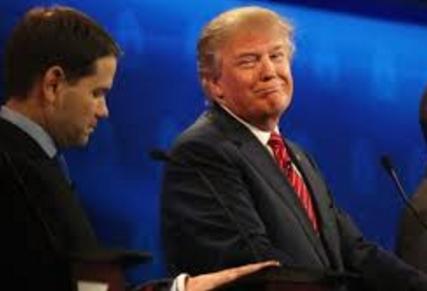Is there more to the 2016 Elections than Winners and Losers?
Ben Franklin in 1787 recognized the vulnerability of representative democracy. One summer afternoon, he was stopped outside the Pennsylvania State House, by a young woman who asked whether the Constitution he was helping to write, would establish a monarchy or a republic. “A Republic,* he responded, if you keep it.”
All the Founding Fathers understood democracy would be high maintenance and inserted separation of powers and checks and balances among the three branches to stymie autocracy by the Executive. They envisaged elected officials usually compromising to advance the common good and the electoral system they introduced facilitating reasonably attentive voters to make relatively independent and informed choices.
Further, none of these men were innocents. They knew their construct was an experiment; thus they were hesitant to unleash too early the suspect power of the male-only mob aka voters. Therefore, they inserted filters. Initially only “responsible” men as defined by land ownership or other indicia of prosperity, were permitted to vote. For the same reasons, members of the US Congress were originally chosen by elected state legislators.
Also aimed at preventing the concentration of power, the drafters of the Constitution used an unusual template to distribute delegated powers: they divided them between federal and state governments, the latter with their subordinate counties and municipalities.
Not even this extraordinary group of patriots, however, could have conjured up the stresses their new government would undergo as the United States grew from 13 states and 3 million people to a global power with 50 and 320 million. That said, they would doubtless nod in satisfaction upon learning after almost 230 years, the Constitution had been amended only 27 times.
The Civil War and two World Wars further tested America’s political system and the strength and cohesion of its citizens. However, developments in the 21st Century have shaken it again and the 2016 Presidential Election has revealed some of the consequences, possibly signaling a drift away from the Founders intent. Speaking to the House of Commons in 1947, Winston Churchill reflected Ben Franklin’s sense of the neediness of democracy**: “Democracy, he said, is the worst form of government except for all those other forms that have been tried from time to time.”
The negative impact on America’s representative democracy of: (1) limitless money, (2) multiple means of instant communication, (3) the formation of political tribes pledged to dogmatic beliefs outside the two party tradition, and (4) the disappearance of electoral norms of behavior, have raised serious foundational questions.
So, yes the 2016 election should be about more than who wins the White House.
* A Republic is a state in which the supreme power rests with all the citizens entitled to vote and is exercised by representatives elected directly or indirectly by them.
** Democracy is government by the people either directly or through representatives elected by those ruled.
Tom Timberman is an expert on military policy and now lives on the Eastern Shore. Among his many assignments with the US Department of State, he has headed a provincial reconstruction team, embedded within a combat brigade in Iraq. He has also helped implement a new counterterrorism strategy in South East Asia as Senior Advisor for South Asia in the Office of Coordinator for Counterterrorism.



Write a Letter to the Editor on this Article
We encourage readers to offer their point of view on this article by submitting the following form. Editing is sometimes necessary and is done at the discretion of the editorial staff.